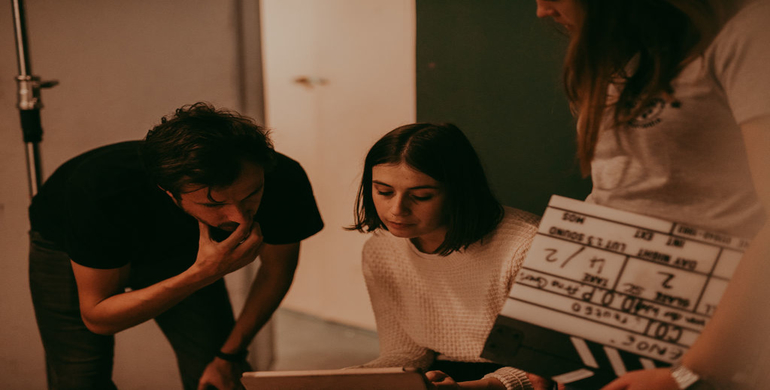
19 September 2020 - 10:19 BY Louw
The Most Important Skill For Any Actor: Listening – A Tool That Can Help
You just finished a scene with your co-actor, but it felt mechanical as if nothing you did was honest in that take.
The most crucial skill an actor can work on is Listening. How simple, right? Nope, listening with ALL your senses is the listening I’m talking about. Listening for… a look, which triggers a response or a feeling or impulse. A touch… her hand on yours, which makes your heart race and triggers a feeling/impulse. The slight pause in the middle of his sentence triggered something – a thought, impulse a feeling…
We have to learn how to listen with our whole body, our senses. This helps you become much more connected and less mechanical in a performance.
A tool to try:
This exercise you can do with two other acting partners: two of you sit on the floor facing each other. Get as close as comfortable. Nominate who will be the “speaker” and who will be the “listener”. Create a list of incomplete sentences in advance, where you have each wrote down ten incomplete sentences, for example: “I love acting because…” OR “When I was little I use to…” Make it fun and exciting.
The 3rd acting partner will read out one incomplete sentence at a time, letting the speaker repeat these sentences and then finish the sentence in her own words in the moment. The speaker’s objective: keep looking at co-actor opposite you, repeat the incomplete sentence and finish in your own words. If you don’t have an answer in the moment, you can make something up. The goal is to keep the rhythm.
Listener’s objective: listen and keep eye contact with the speaker. That’s it—no other objective. If you react in any way; laugh, smile, hand gesture etc. that’s fine. But listen. No performance.
The speaker will be given the first sentence: “I love acting because…” then she finishes it ex. “I love acting because I can become famous.” Then directly after finishing her completed sentence, she repeats the same sentence over and over until the 3rd acting partner queue’s her with a new incomplete sentence. Keep the rhythm. “I love acting because… I can say things I cannot at home. I love acting because… I get to be someone else.”
Take your cellphone and record the exercise. Now, after you’ve completed the exercise playback the video and see what happened.
The speaker started to reveal, consciously or unconsciously, certain feelings about things she was saying. The listener, on the other hand, began to perceive these feelings (however subtle they might be). The listener started reacting; laughing, smiling, crying, pulling a face, shaking her head. Automatically this just happens. The only reason the listener responds to these reactions is that she is purely listening. They trust their ability to listen. No “over-thinking” or dishonest reactions, pure and honest reactions arise.
The listener starts to feel certain emotions because of the process of listening, without thoughts clouding their judging self. For a lot of actors, generating genuine emotions in imaginary circumstances is their biggest challenge… Now, you can overcome that challenge.
Learn to listen. This will help you avoid feeling mechanical, disconnected and dishonest. You now become much more connected with your co-actor, much more dynamic performance and honest responses are triggered.
Acting is behaving truthfully under imaginary circumstances. —Sanford Meisner
How did you find the technique/tool/advice? Did it work for you? What was different this time? Please share with the tribe and let’s keep on creating beautiful, honest and memorable performances. Let’s execute our best selves!
Kind Regards
Edwin van der Walt
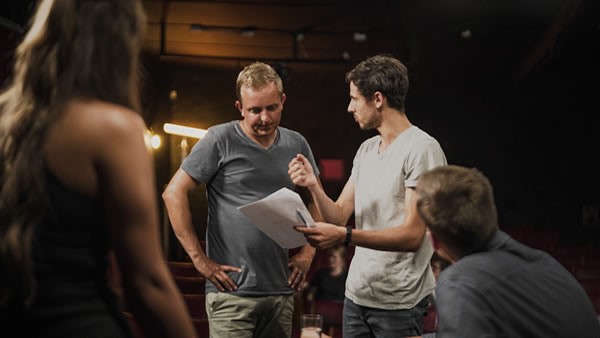
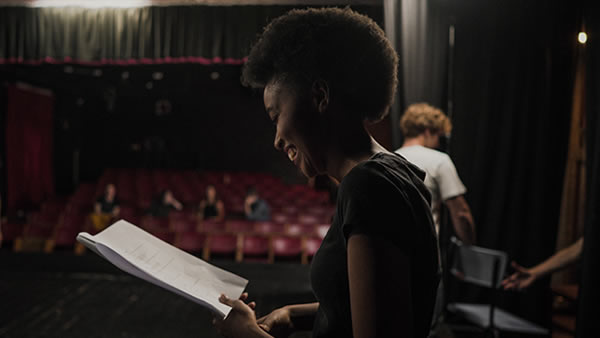

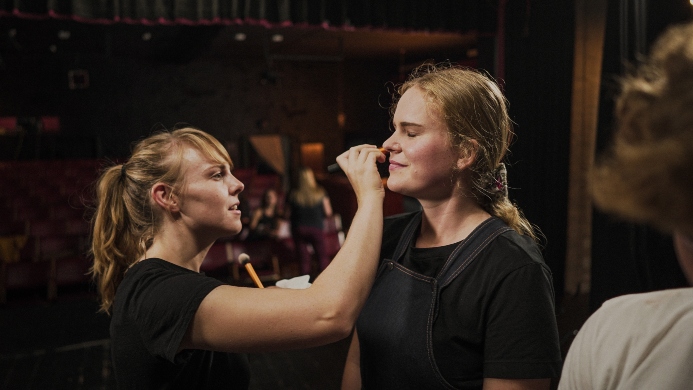

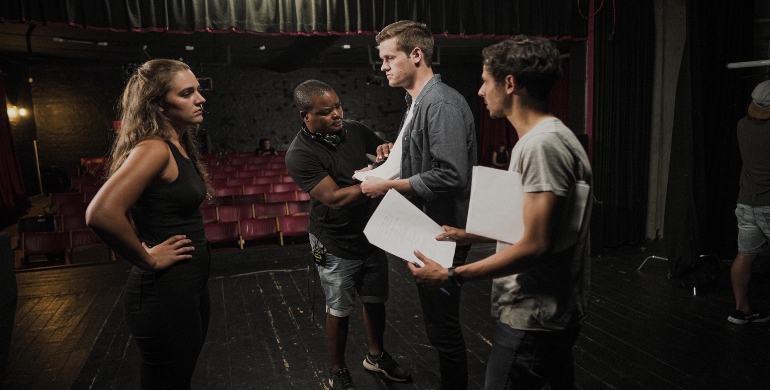

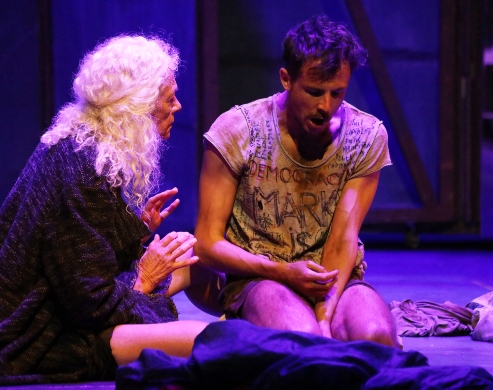

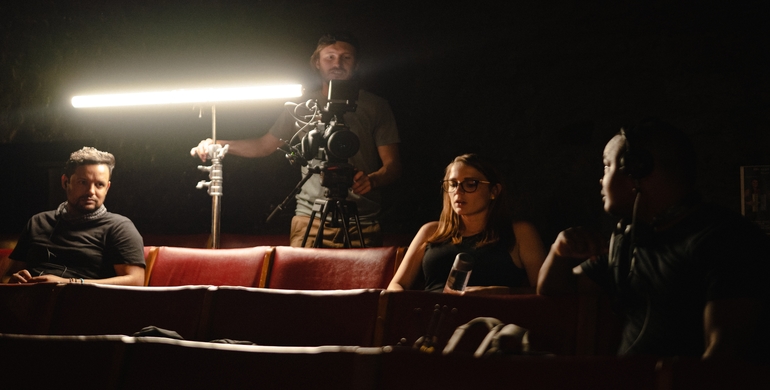
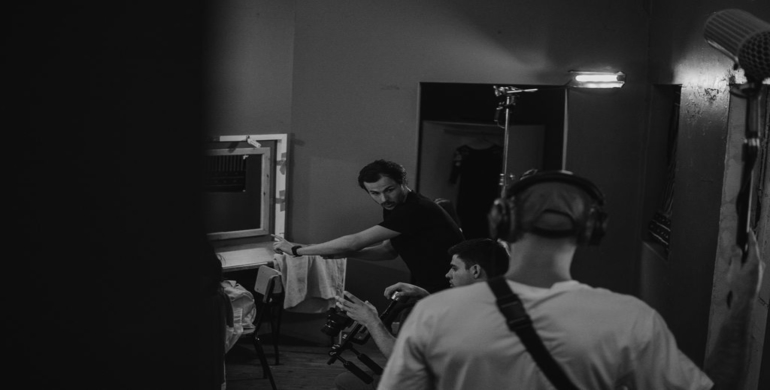
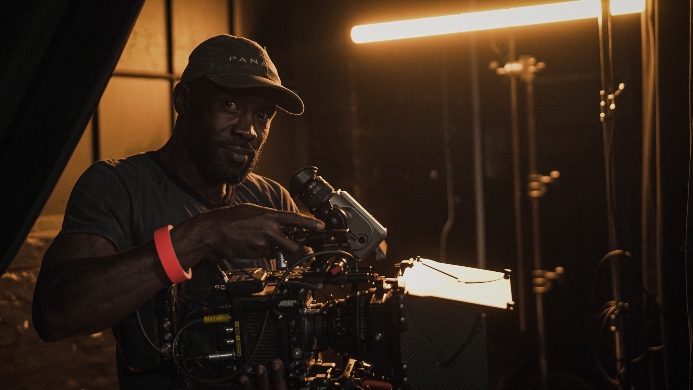
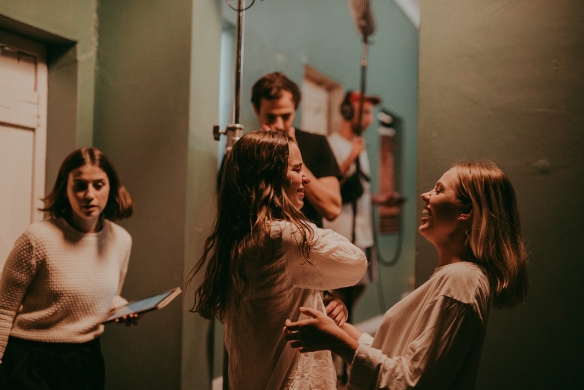
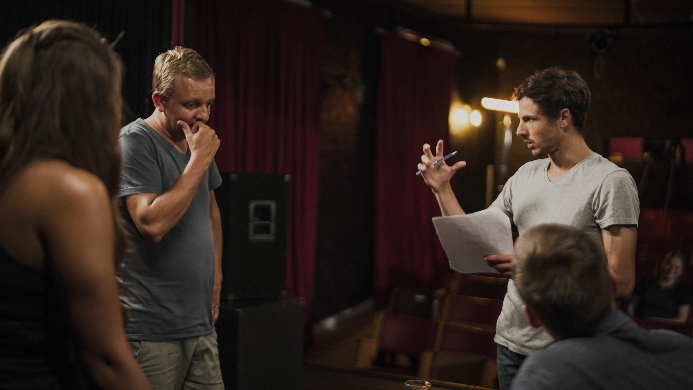
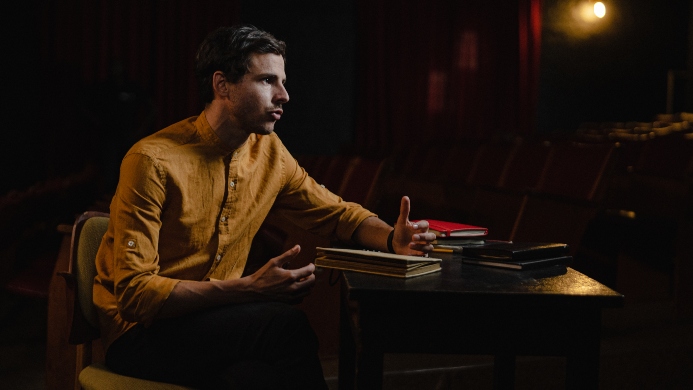
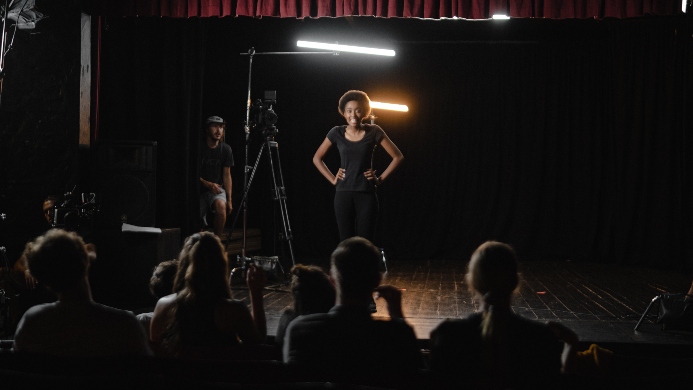
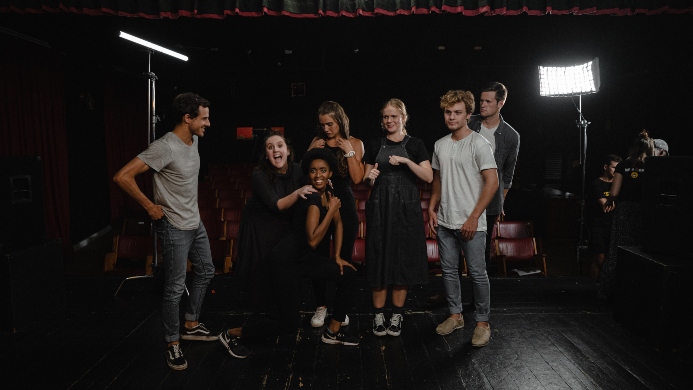
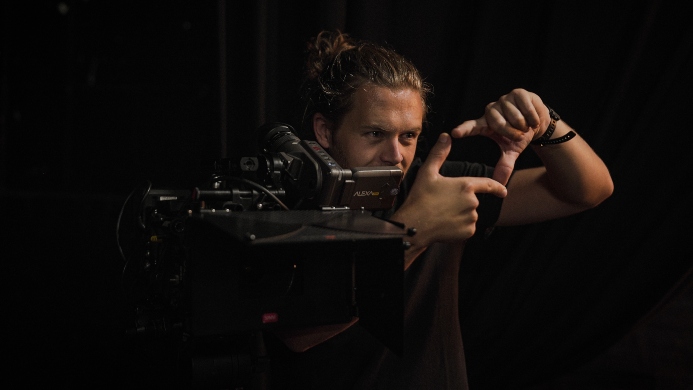
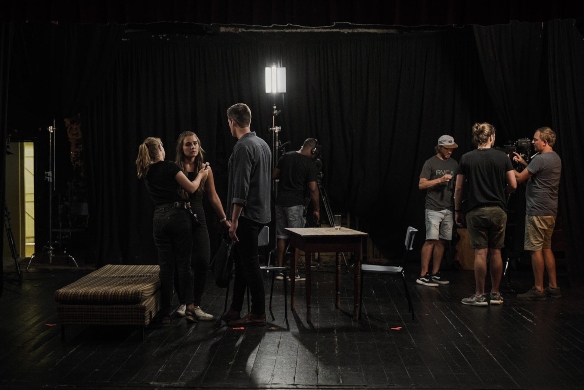

 1.jpg)
.jpg)
 (1).jpg)
 (1).jpg)
 (1).jpg)
 (1).jpg)
 (1).jpg)
 (1).jpg)
 (1).jpg)
 (1).jpg)
 (1).jpg)
 (1).jpg)
 (1).jpg)
 (1).jpg)
 (1).jpg)
 (1).jpg)
 (1).jpg)
 (1).jpg)
 (1).jpg)
 (1).jpg)
 (1).jpg)
 (1).jpg)
 (2).jpg)
 (1).jpg)
.jpg)
 (2).jpg)
 (1).jpg)
 (1).jpg)
 (1).jpg)
.jpg)
 (1).jpg)
 (1).jpg)